Guitarist Chuck Loeb Discusses New Fourplay Album and the Allure of Smooth Jazz
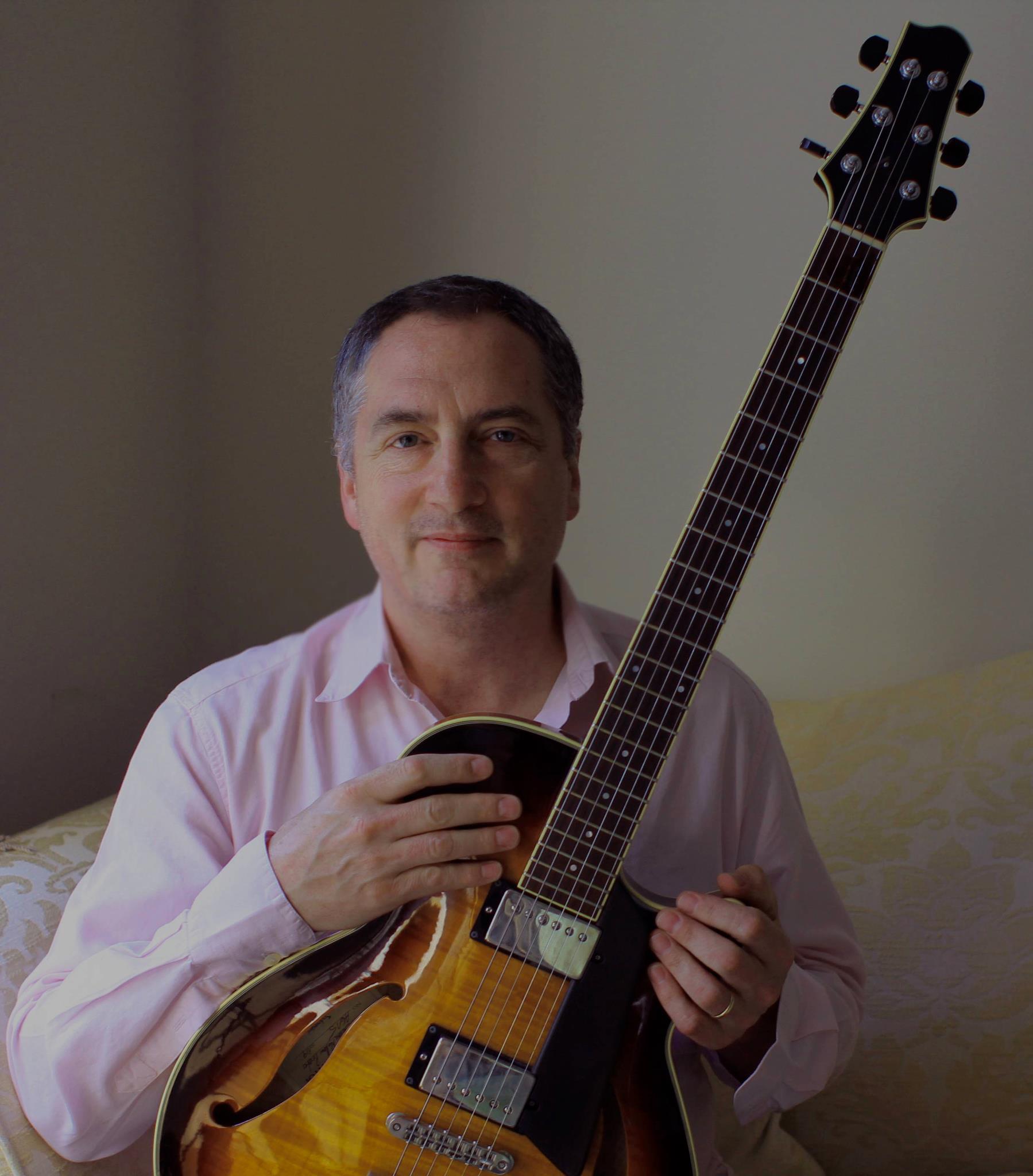
Chuck Loeb is more than just a guitarist. He’s the consummate musician.
In a career that spans four decades, he’s proven himself to be a versatile composer, arranger and producer in a wide range of musical styles. In 2010, Loeb joined the smooth jazz super-group, Fourplay, joining musical giants Nathan East (bass), Bob James (keyboards) and Harvey Mason (drums).
Fourplay’s latest release, Esprit De Four, continues the trend of beautiful arrangements and tasty licks that has made the quartet world renowned.
I spoke with Loeb about the new album and his creative process as well as what he thinks makes smooth jazz so appealing. He also gives advice on the best way to approach the instrument when it comes to improvisation.
GUITAR WORLD: What is it that makes smooth jazz so cool and different?
I think it’s because a lot of the musicians come from a combined world of music. For me, you hear the influences from my background growing up listening to Jimi Hendrix, Eric Clapton and Led Zeppelin mixed in with my jazz life. I think that combination opens a lot of doors. People may not listen to pure, straight ahead jazz, but this kind of jazz is alluring to a much wider audience.
What inspires a new Fourplay project?
Get The Pick Newsletter
All the latest guitar news, interviews, lessons, reviews, deals and more, direct to your inbox!
Two things that I think are quite important. As a collective group, we inspire and push each other in a lot of ways. This happens not only when we’re in the studio recording, but also when we go out on the road playing. Each of us brings something to the table which pushes us all to improve our own game. The other thing is, when we go out and play all over the world it’s inspiring to see how important the music is to the fans. The music really means something. So when it’s coming up for a recording project, we want to make something really special. For each other and for the band as a whole, and also knowing that it’s going into a very fertile, listening environment. That’s a great thing!
Where do you draw your inspiration for your songs?
One way is kind of a spontaneous combustion. I’ll be practicing or walking around or shopping and I’ll come up with something that I think is really good. I used to carry a little pencil and a piece of paper with me so I could scribble down my melodic ideas. But now a days, with the voice memo recorder on cell phones, I’ll hum it to myself or if I’m practicing, I’ll play the idea right into my phone so I won’t forget it. That’s what we call “inspiration." The other way is when I know we’re doing another Fourplay CD, that inspires me as well. It makes me think about what would be a great piece for the four of us to collaborate on. From there, ideas starts to form.
Who were some of your influences?
Originally, I’m from a background of pop and rock music. I grew up in the '60s; which was a fertile time for music. It seemed like every week, some seminal record was coming out. One week it would be the new Cream record, the next it would be Jimi Hendrix. Then it was The Beatles, the Stones or Bob Dylan. I couldn’t wait to go to the record store and see what was going on in the world.
When I was 16, I discovered jazz and I actually have a theory about this: I believe some people just have “jazz” inside of them. It may sound funny, but I think it’s true. I heard jazz and a light bulb went off; I immediately knew that’s what I had to pursue. For people who are drawn to that type of harmonic and melodic reference; it’s a no-brainer. From there, my influences became guys like Wes Montgomery, George Benson, Pat Martino and John McLaughlin. The type of music that we do, where pop, rock and jazz are fused was perfect for me. For a guy who grew up listening to the Beatles, Stones, Hendrix, Motown and Stevie Wonder — it was made for me.
What’s one piece of advice you could give for a guitarist in any genre?
I like to view the instrument itself as kind of like a neighborhood or an area of a map. One where the strings would be the avenues and the frets would be the cross streets; sort of like a grid. My advice is to learn that map as thoroughly as you can. So that when you’re improvising, you can grab the notes wherever you find yourself in whatever “neighborhood” you happen to be in on that map. A lot of guitar players get locked into playing in just one area of the guitar. But if you can learn to play your favorite licks in five different areas and find yourself in a spot that you’re not familiar with, it will be that much easier to access the notes.
What are the elements that make up a great jazz solo?
It’s very much based on groove. It’s cliché but if it ain’t got that swing, it don’t mean a thing. That’s the primary element. Jazz started out as big band dance music so that swing is really important. You then look for how to apply the theory and harmony that you’ve studied as a jazz musician. So, you combine that heart swinging groove with a sophisticated harmonic palette. That’s what I look for and aim to achieve.
You’re the new kid on the block in this super-group. What’s do you find is the best part and the most challenging about it?
First of all, I’d like to say that the two guys who preceded me in the band are guitar heroes of mine: Lee Ritenour and Larry Carlton. I’ve also been a big fan of the band since its inception. So it was a little bit daunting at first coming in to the shoes of guys I looked up to, respected and loved so much. On the other hand, it was also exciting because it was an opportunity for me to be myself. I was encouraged to come in and do my own thing and not try to imitate anyone. As I grew more comfortable, it became this exciting joy ride. I can make my impact on this great, established band with some of the best musicians on the planet. It’s a little bit like a dream come true.
James Wood is a writer, musician and self-proclaimed metalhead who maintains his own website, GoJimmyGo.net. His articles and interviews are written on a variety of topics with passion and humor. You can follow him on Twitter @JimEWood.
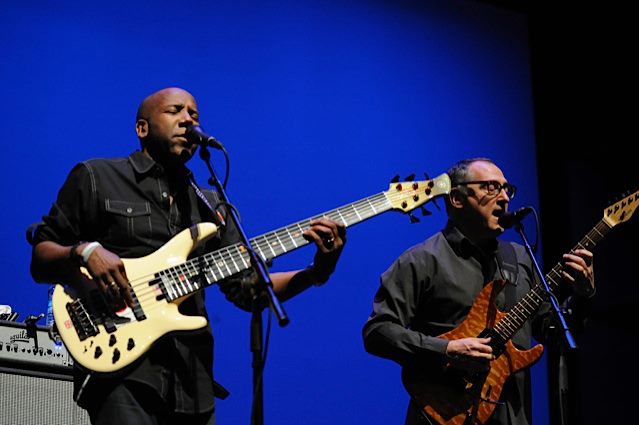
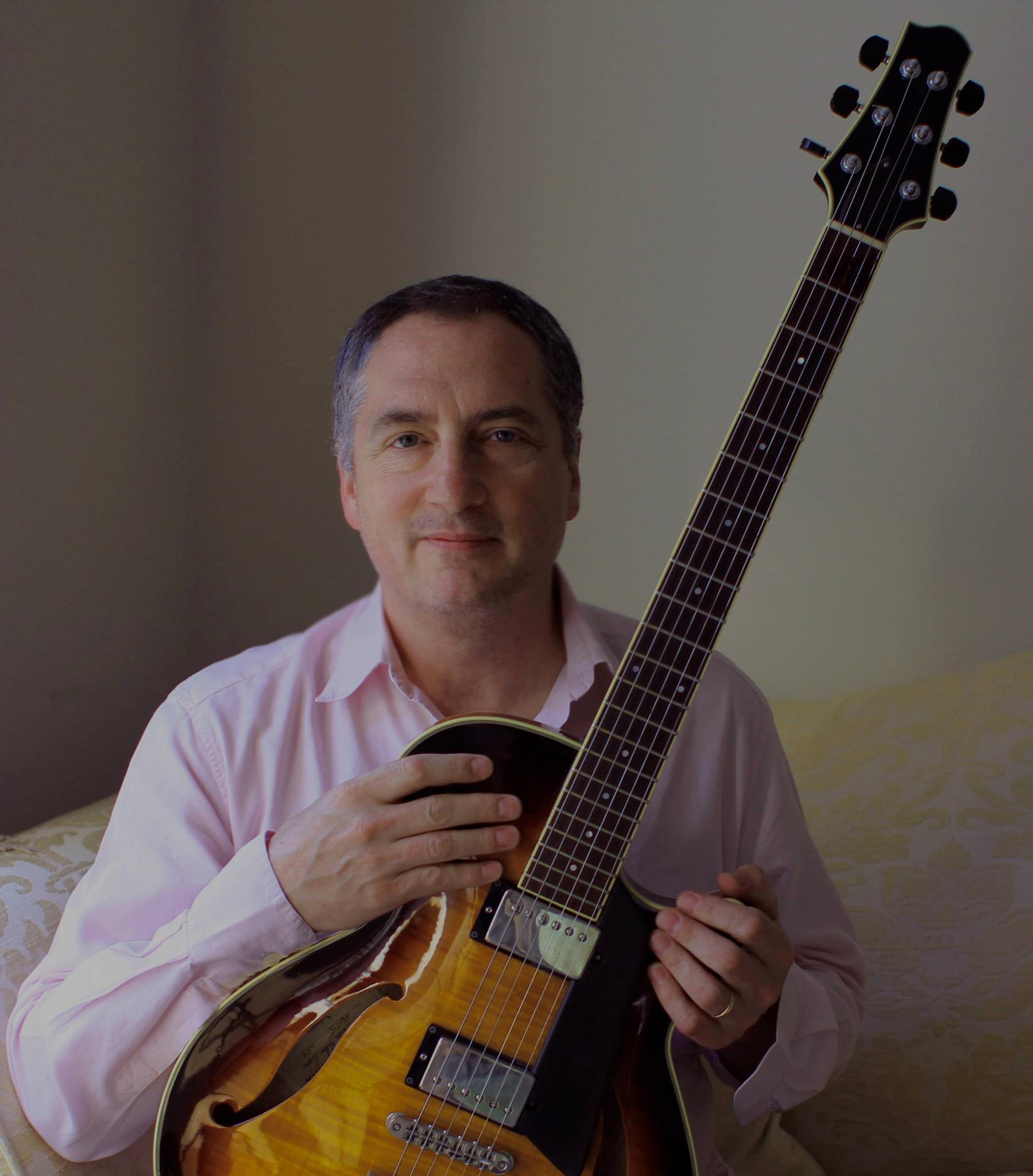
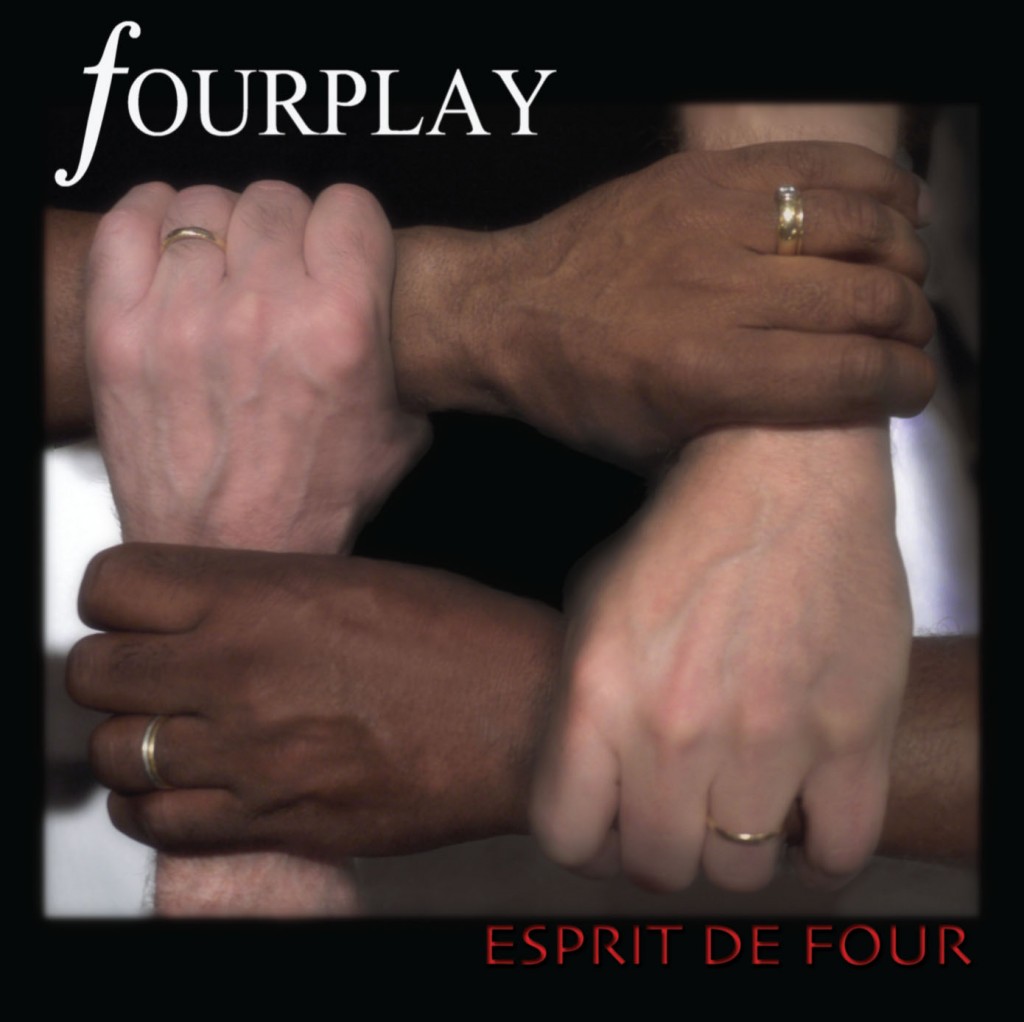
James is a guitarist and freelance writer who's interviewed some of the biggest names in music. He is the author of four books and his writing credits include work for Guitar World, AXS and Yahoo! as well as for his hometown newspaper where he writes on a variety of topics with both passion and humor. As a guitarist, he's performed everywhere from local bars and nightclubs to some of the biggest stages in front of thousands of music fans.
“Every tour was the best I could have done. It was only after that I would listen to more Grateful Dead and realize I hadn’t come close”: John Mayer and Bob Weir reflect on 10 years of Dead & Company – and why the Sphere forced them to reassess everything
“Last time we were here, in ’89, we played with Slash on this stage. I don't remember what we did...” Slash makes surprise appearance at former Hanoi Rocks singer Michael Monroe's show at the Whisky a Go Go
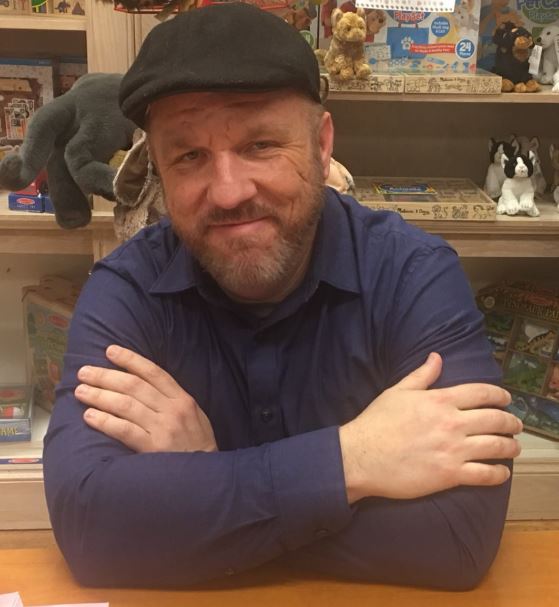

![John Mayer and Bob Weir [left] of Dead & Company photographed against a grey background. Mayer wears a blue overshirt and has his signature Silver Sky on his shoulder. Weir wears grey and a bolo tie.](https://cdn.mos.cms.futurecdn.net/C6niSAybzVCHoYcpJ8ZZgE.jpg)

![A black-and-white action shot of Sergeant Thunderhoof perform live: [from left] Mark Sayer, Dan Flitcroft, Jim Camp and Josh Gallop](https://cdn.mos.cms.futurecdn.net/am3UhJbsxAE239XRRZ8zC8.jpg)






